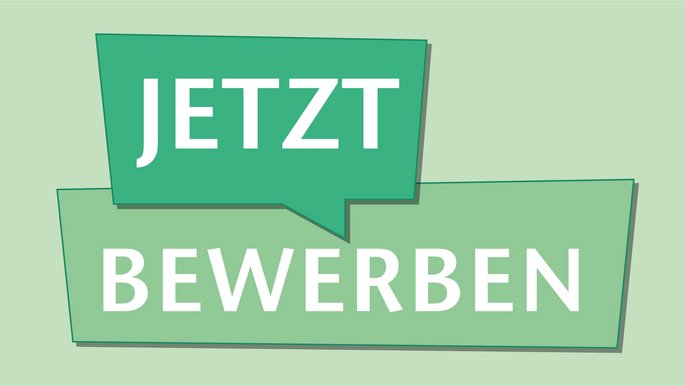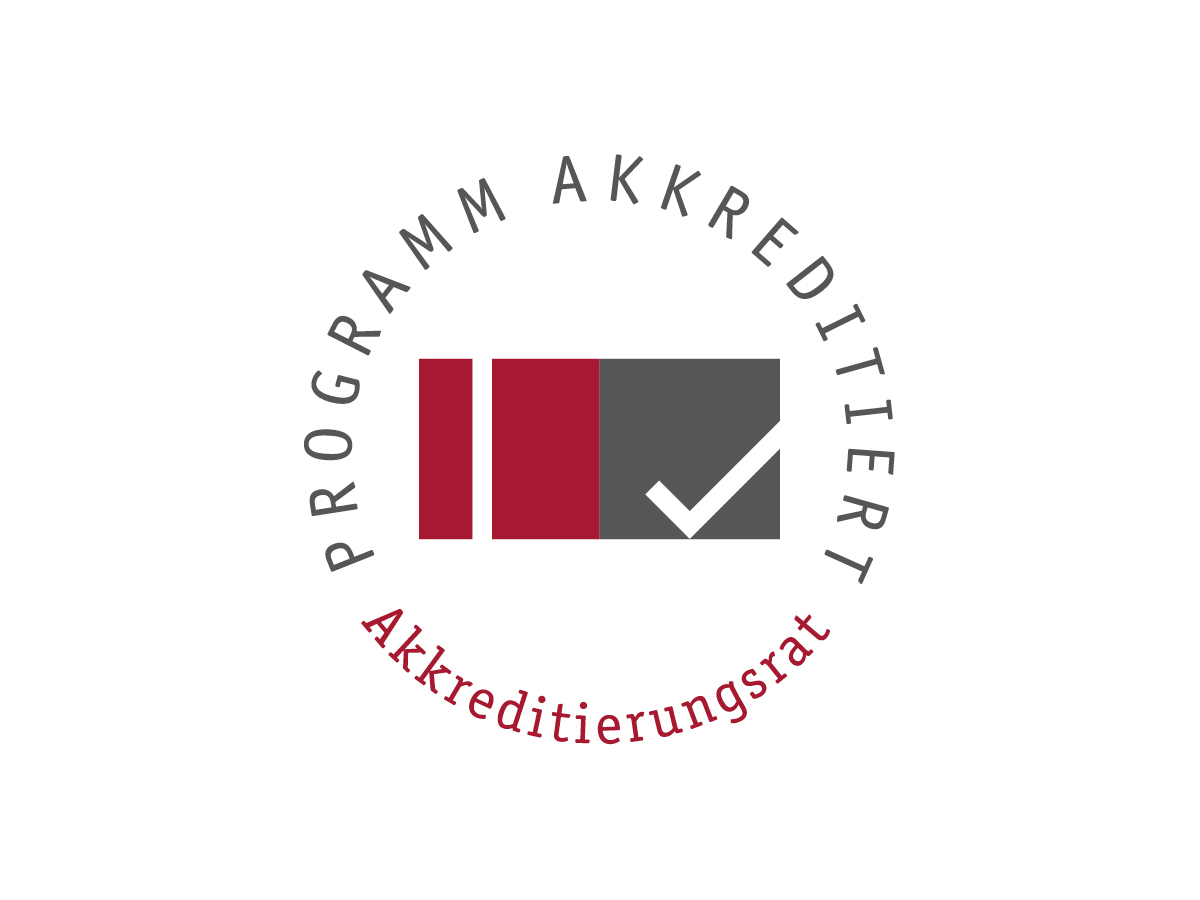Energy efficiency and sustainable energy supply are cornerstones of the energy transition. They also require new ways of developing materials for energy conversion and energy storage. The new Bachelor's degree course in Energy and Materials Physics meets these requirements. It is aimed at first-year students with an interest in physics who would like to qualify for work in future-oriented high-tech fields with a broad, science-based education.
Job profile and labor market
Graduates of the Bachelor's degree course in Energy and Materials Physics have excellent career opportunities, especially in conjunction with a subsequent Master's degree course. Industrial activities, mostly in research and development, represent the main job market for most graduates. A large proportion of graduates also find employment in public institutions such as universities and research institutes. In addition, graduates of this Bachelor's degree course, with its broad education and focus on energy-related course content, are particularly well qualified for a wide range of jobs in the growing energy sector. The job market opportunities in the field of physics/physical technologies are among the best of all academic professions.
Specialist focus
The Bachelor's degree course in Energy and Materials Physics provides a sound knowledge of physics, chemistry and material properties and thus creates the basis for training in materials physics, including energy-relevant course content such as solar energy conversion and functional materials for energy conversion and energy storage. In addition, it provides insights into energy resources and energy technologies and qualifies graduates for further training in materials science, energy technology and physical technology Master's degree courses, but above all for the consecutive Master's degree course in Energy and Materials Physics at Clausthal University of Technology. During their interdisciplinary Bachelor of Science (B. Sc.) studies, students benefit from the special opportunities offered by a small university, such as personal supervision.
Structure of the study program
Mathematical and scientific basics:
- Classical physics, atomic and solid state physics
- Chemistry
- Mathematics
- Materials science
Subject specializations:
- Fossil and renewable energy resources
- Functional materials: batteries, fuel cells, sensors
- Solar energy conversion
- Chemistry of energy-functional materials
- Solid state analysis and measurement technology
- Research internships
Interdisciplinary qualifications:
- Social skills
- Industrial internship
- Business administration
- Scientific work
Final thesis:
- Three-month bachelor thesis
Part-time study
The Bachelor's degree program in Energy and Materials Physics can also be studied part-time. Further details on the requirements, structure and legal consequences of part-time study are regulated by the"Regulations governing part-time study (TzO)" of Clausthal University of Technology in the currently valid version.
Before applying for and taking up part-time studies, a consultation with the responsible part-time study coordinator is mandatory. During this consultation, the part-time study coordinator will agree on an individual study plan (learning agreement) for the part-time study program in consultation with the student.
You can find the form for applying for part-time study (incl. Learning Agreement) here
Aims of the study program
The interdisciplinary Bachelor's degree course in Energy and Materials Physics provides a sound knowledge of physics, chemistry and material properties and thus creates a broad basis for training in materials physics, including energy-related course content such as solar energy conversion and functional materials for energy conversion and energy storage. In addition, it provides insights into energy resources and energy technologies and qualifies graduates for further training in materials science, energy technology and physical technology Master's degree courses, but above all for the consecutive Master's degree course "Energy and Materials Physics" at Clausthal University of Technology. The Bachelor's degree program teaches material and system skills in the focus area of energy, primarily using established model systems and materials, whose functionality is taught to students within the framework of the physical and chemical principles learned in the first two years of study. For example, students learn and understand practice-relevant characteristics for solar cells (Energy and Materials module) on the basis of accessible concepts such as characteristic curves etc., without requiring any further knowledge of solid-state physics. As a research-oriented degree course, learning scientific working methods already plays an important role in the Bachelor's degree course. To this end, an extended research internship is planned before the Bachelor's thesis, which enables students to work on ongoing research projects and thus familiarize themselves with scientific methodology. Practical relevance and the classification of material physics issues for activities in industry, preferably in research and development departments, is taught through an obligatory industrial placement. Interdisciplinary content such as business administration and cost and profitability accounting facilitate a successful career start with the Bachelor's degree.
Prof. Dr. Daniel M. Schaadt
Phone: +49-5323-72-2322
E-mail: ba.emph@tu-clausthal.de
Institute for Energy Research and Physical Technologies
Leibnizstraße 4
38678 Clausthal-Zellerfeld
Overview
Type: Bachelor's degree programme
Duration: 6 semesters
Language of instruction: German
Degree: Bachelor of Science (B.Sc.)
Admission requirement: Higher education entrance qualification
Start of degree programme: The winter semester is recommended
Accreditation: Decision of the Accreditation Council; EUR-ACE Bachelor's programme
accredited until 30.09.2028
Beginning of studies
Welcome Weeks (before lectures begin)
TU Clausthal supports students as they start their studies with various event formats.
Pre-mathematics course (before lectures begin)
The Institute of Mathematics offers a pre-mathematics course for all first-semester students (in German).
These degree programmes may also interest you
Materials science and materials engineering
Sustainable energy technology and systems
Subsequent Master's programmes
Energy and Materials Physics
Materials Science and Engineering
Chemistry
Documents
Course Flyers
Model Study Plans
valid for AFB 2023
valid for AFB 2014
Examination Regulations
- General Examination Regulations
- Implementation Provisions (2023), valid from SoSe 2023
- Implementation Provisions (2014), valid until the end of SoSe 2027
Internship Regulations
Elective Course Catalogues
valid for AFB 2023
Module Handbooks
valid for AFB 2023
valid for AFB 2014



